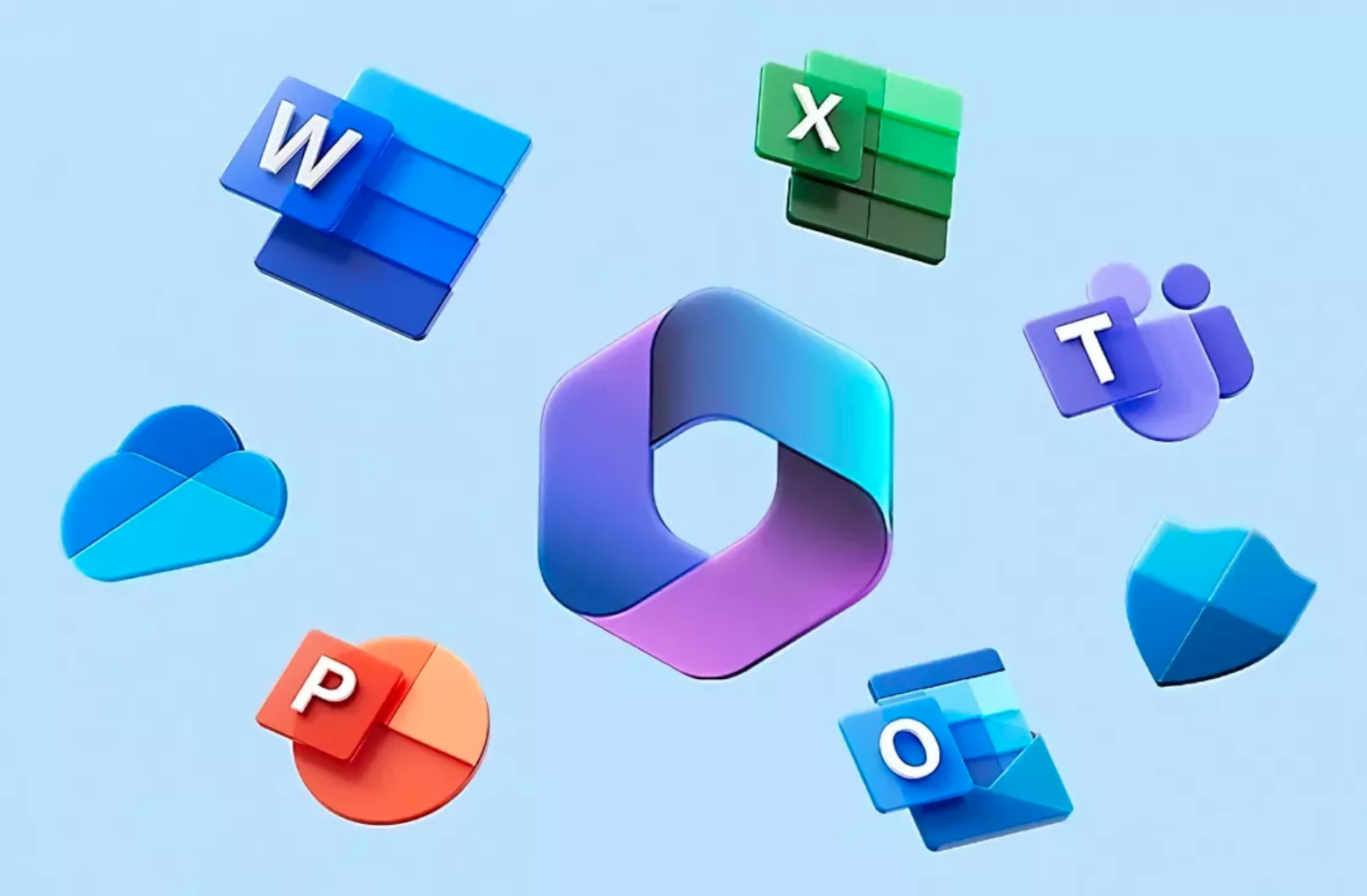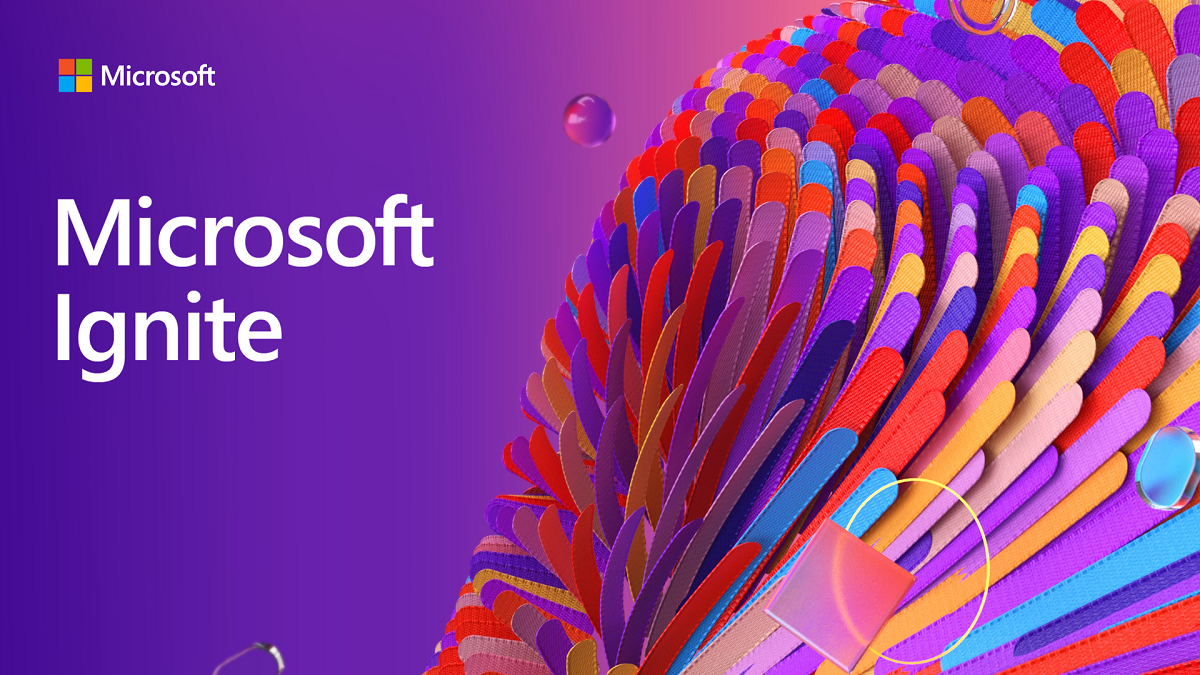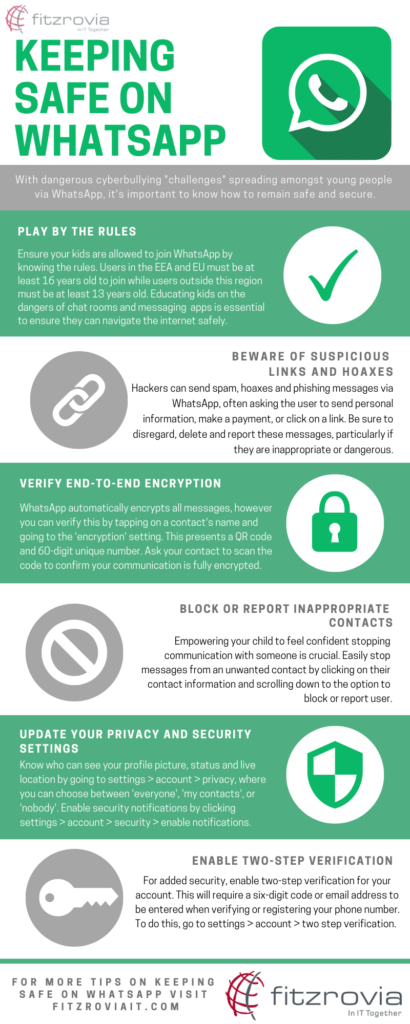Microsoft Rebrands Office to MS 365: what does this mean for business?
Tech giant Microsoft have recently announced that after over 30 years of operation, the Office Suite of apps and productivity tools is being...
Social media and the news have recently been awash with talk of ChatGPT, the newly released ‘AI Language Model for Dialogue’, designed by OpenAI. It’s likely that anyone involved in the tech industry will have heard the AI model’s name - and will be wondering what such a development means for the future of the field of Artificial Intelligence.
It has been widely debated as to whether ChatGPT poses a potential threat to specific industries and corporations, with those at Google raising the alarm over the threats it poses to their unique web search capabilties. So, what does the development of this chat model mean for the future of tech, and how will it factor into your working and personal life?
ChatGPT is an Artificial Intelligence Model for Dialogue, released in November 2022 by OpenAI. The programme was trained using Reinforcement Learning from Human Feedback (RLHF). This process is carried out by human AI trainers, who act out conversations on both the human and AI side. Trainers incorporated model-written chat suggestions, with OpenAI eventually combining new dialogue datasets and InstructGPT datasets - creating a dialogue format. A reward model was then utilised for reinforcement learning, and after repeats of this process, ChatGPT came into being.
The best brief summary of ChatGPT’s function comes from the model itself:
‘ChatGPT is a variant of the GPT (Generative Pre-training Transformer) language model specifically designed for generating text in a chatbot-like manner. It is trained on a large dataset of human-human conversations and can generate natural language responses to input prompts.’
Meaning, users can converse with the model and engage in lifelike conversation. Following its release the website gained 1 million users in just 5 days, a significant feat illustrating the hype surrounding the programme.
ChatGPT is an exciting tech prospect for numerous reasons, with many possible positives coming out of its development. Experts have identified its potential with regards to customer service, with the language model benefitting both businesses and users with its intelligent software. If businesses were to adopt ChatGPT, they could simply connect their own website or knowledge database to the programme, allowing the website chatbot to utilise the information sources to craft accurate and specific responses. Similarly, ChatGPT can be used to create uniquely human tailored responses, enabling it to reply to emails and queries.
ChatGPT has seen significant investment from major tech players, with Microsoft recognising its potential and making significant investment. The corporation has recently invested $10 billion in OpenAI, seeking a 49% stake in the company. Microsoft hopes to boost its efforts in the web search market, utilising ChatGPT technology to tackle rivals such as Google.
It has also been reported that Microsoft are planning the imminent release of ChatGPT as part of its Azure services - a test run of the Azure OpenAI service has been available to a limited selection of customers since 2021.
There have been a number of controversies surrounding ChatGPT, as you will have likely seen in the media. One of the primary concerns raised is that of the possibility of increased plagiarism, and the threats the language model could pose to educational establishments.
Universities and schools have shared fears of increased cheating and plagiarism, positing that students may utilise AI language models to write essays. As this function is well within the capabilities of ChatGPT, how can the issue be tackled? Well, OpenAI are racing to tackle the potential flaw, implementing a scheme of ‘watermarking’ on all ChatGPT output, tweaking the content to be recognisably AI written by plagiarism checking software.
In a similar line of critique, fears have been shared over the possibility that the model could be used to create and disseminate mass propaganda - being exploited by political extremists to spam the web with targeted messaging. Whether OpenAI will be able to effectively counter such worries is yet to be seen, but the firm is working quickly to counter possible threats through methods such as watermarking.
While AI Language Models may not be the perfect new technologies for your IT roadmap, there may be other upcoming and novel releases that could help you expedite and strengthen your IT processes. Microsoft’s adaptation of technologies such as ChatGPT is an exciting prospect for many businesses, and AI will undoubtably become a more widely utilised form of technology in coming years.
If you want to discuss your IT roadmap for the coming years and identify potential new technologies that could help drive your business’ growth and profitability, then our IT experts can help you strengthen your plans for the future. IT roadmaps are a sure-fire way to cut ad-hoc IT spending, and futureproof your strategy.
Speak to one of our team today to identify tech opportunities, new technologies, and innovative software that may benefit your business.

Tech giant Microsoft have recently announced that after over 30 years of operation, the Office Suite of apps and productivity tools is being...

Every year businesses eagerly anticipate the Microsoft Ignite conference, and the application and software development announcements that accompany...

A disturbing cyberbullying ‘game’ called the Momo challenge is spreading around the world via WhatsApp and online platforms, leaving young people...